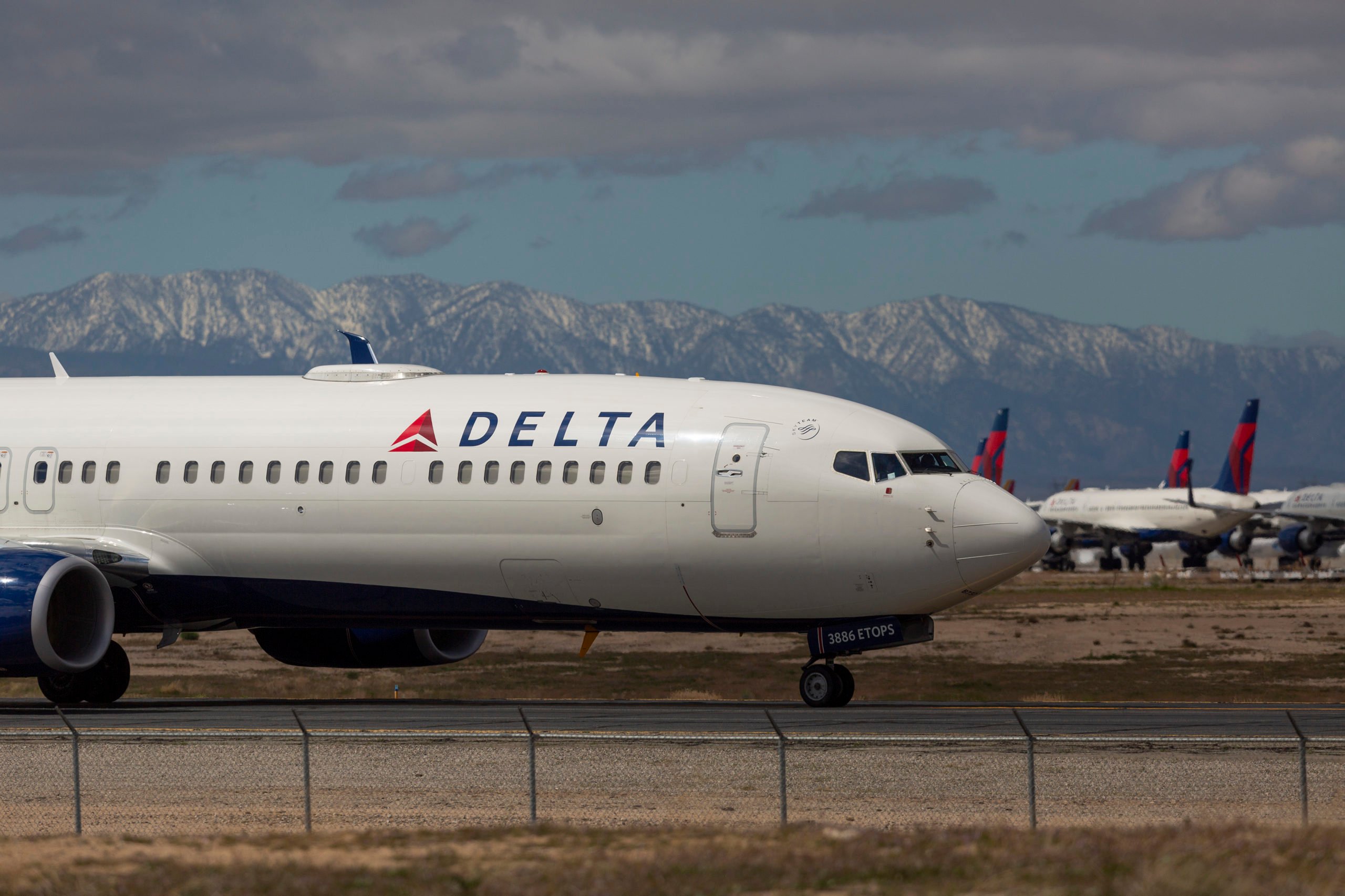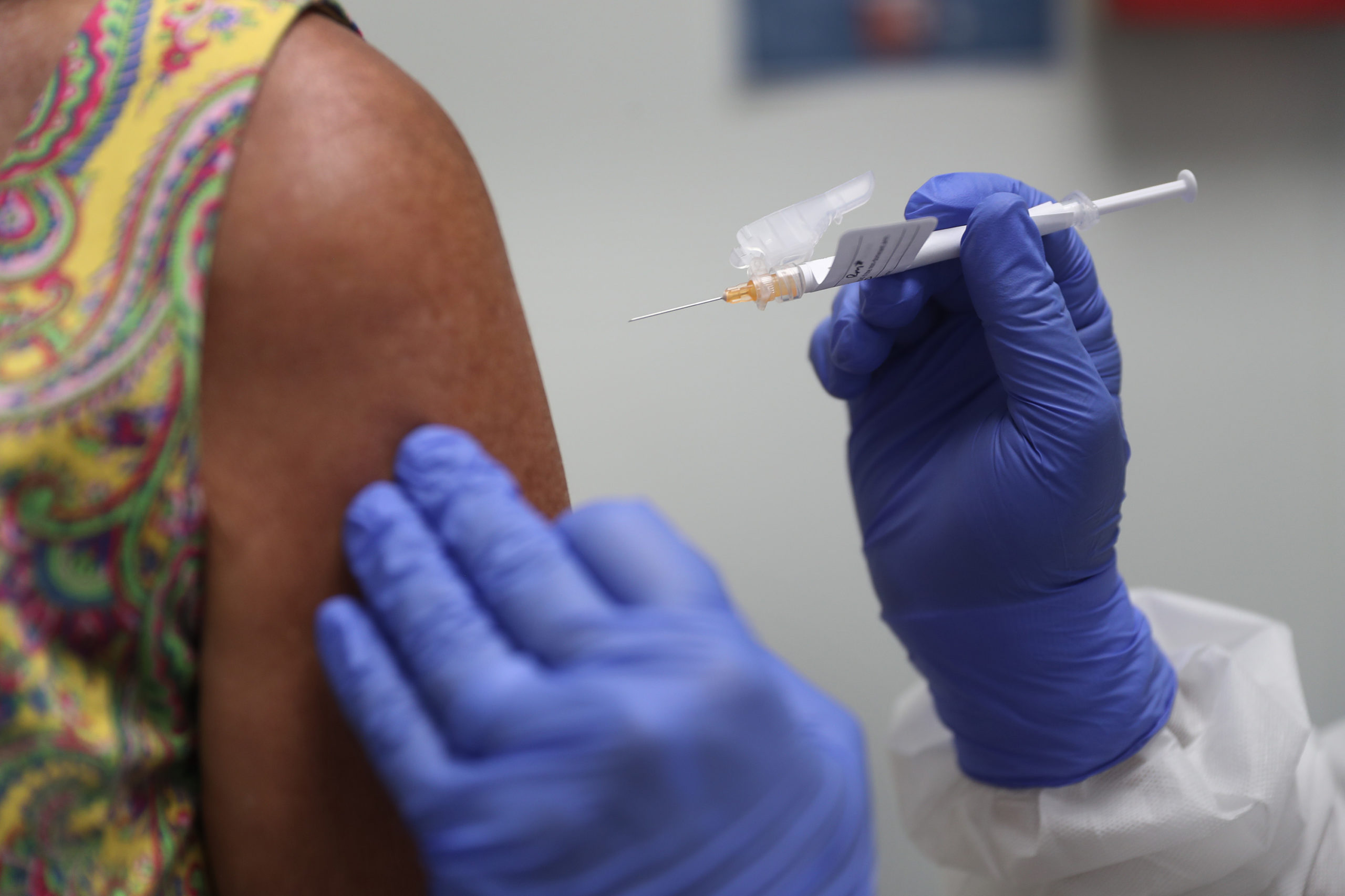The financial cost of remaining unvaccinated against COVID-19 is rising as more companies and health insurance providers are now proposing insurance surcharges and other healthcare costs as a tool to drive up vaccination rates.
Such measures have been backed by proponents of universal healthcare and programs like Medicare for All, even though such policies are, in theory, meant to offer all Americans healthcare at little to no cost regardless of their medical status.
Elisabeth Rosenthal, the editor-in-chief of Kaiser Health News, has argued unvaccinated people should be charged higher insurance rates as a penalty in The New York Times, CNN and MSNBC. Yet she is a proponent of universal healthcare, writing in a New York Times op-ed in May 2019 that the point of healthcare “is to treat patients, not to buttress the economy.”
Arthur Caplan, a prominent medical ethicist, said in an August interview with WBUR that unvaccinated people should “pay a financial penalty” or otherwise be held liable for the cost of avoidable treatment. Yet during the height of the Obamacare debate in 2010, he co-authored an academic paper arguing that healthcare is a “right” and universal health insurance “makes sense.”
Democratic California Rep. Ted Lieu invoked criticism on social media when he tweeted Oct. 2 that unvaccinated people “engage in riskier actions that increase health care costs and health care burdens on all of us,” and in turn “should be the one paying for the increased risk.”
If you are going to engage in riskier actions that increase health care costs and health care burdens on all of us, then you should be the one paying for the increased risk. https://t.co/XmIbyxYe5r
— Ted Lieu (@tedlieu) October 2, 2021
Lieu, a supporter of Medicare for All, appears to be contradicting a basic premise of universal healthcare. The New Republic, a liberal outlet, noted in an article opposing additional financial costs on unvaccinated people that under a universal healthcare system, “individual health care use shouldn’t determine how much anyone pays into the system.” (RELATED: Progressives Applaud Alabama Doctor Who Refuses To Treat Patients Unvaccinated Against COVID-19)
Some critics have compared penalties for unvaccinated patients, including denying them treatment altogether, to targeting patients with health conditions such as obesity, a group that almost certainly would use more healthcare services.
The relationship between health conditions like COVID-19 and obesity are not unfounded, as the Centers for Disease Control and Prevention (CDC) concluded in a March study that 78% of people hospitalized due to COVID-19 were overweight or obese.
Lieu’s office did not comment at the time of publication to a request from the Daily Caller. His office didn’t respond to questions about the Body Mass Index (BMI) sliding scale and whether financial costs for the unvaccinated is comparable to similar costs for obese people.
As supporters of universal healthcare begin to turn on unvaccinated people, companies and health insurance providers are also moving forward with plans to impose insurance surcharges and other financial costs.
Delta Airlines announced in late August that unvaccinated employees will face a $200 premium surcharge per month on their health insurance. Airlines have been among the most aggressive companies in targeting unvaccinated employees.
In a memo to employees, Delta CEO Ed Bastian said the surcharge “will be necessary to address the financial risk the decision to not vaccinate is creating for our company.”

A Delta Air Lines jet taxis to be parked with a growing number of jets at Southern California Logistics Airport (SCLA) on March 24, 2020 in Victorville, California (David McNew/Getty Images)
Ochsner Health, the largest healthcare provider in Louisiana, announced earlier in October that employees will be charged a $200 premium surcharge per month if a spouse or partner covered under an Ochsner plan is unvaccinated, The Times-Picayune reported.
JPMorgan Chase announced Monday that unvaccinated employees will not only be required to pay higher payroll contributions next year for health insurance, but will also be banned from business travel, Reuters reported.
At the onset of the pandemic, most private insurance providers waived cost-sharing for patients under their plans. Around 88% of insured people in November 2020 had their out-of-pocket costs waived if they were hospitalized for COVID-19, according to the Kaiser Family Foundation (KFF).
But vaccines have become more easily available in recent months, and more than 70% of insurance providers in turn no longer waive out-of-pocket costs for COVID-19 treatment, the KFF concluded.
Companies and insurance providers are likely willing to place additional financial costs on unvaccinated people because much of the cost for COVID-19 treatment comes from that group. A CDC report in August found that the hospitalization rate of unvaccinated people infected with COVID-19 is 29 times that of vaccinated people. (RELATED: ‘The Only Pandemic We Have Is Among The Unvaccinated’: Biden Says Facebook Misinformation Is ‘Killing People’)
Experts believe insurance surcharges and other costs could become a more common tool in limiting financial risks for companies and insurance providers, as well as incentivizing people to get the vaccine.

Lisa Taylor receives a COVID-19 vaccine on August 07, 2020 in Hollywood, Florida (Joe Raedle/Getty Images)
“Now that COVID-19 is largely preventable for most adults and employers are pushing people really hard to get vaccinated, it makes a lot less sense for those employers to be giving people who do get infected a break,” said KFF Health Care Marketplace director Matthew Rae.
Some experts also dismissed criticism that financial costs for the unvaccinated are similar to charging more for people with obesity or other underlying health conditions.
“Your chronic illness isn’t going to jump to the person in the next cubicle,” said Kenneth Campbell, an assistant professor at the Tulane School of Public Health and Tropical Medicine.
“This is a wakeup call for people to get vaccinated,” he continued. “We’re talking about bad decisions in terms of not getting vaccinated and these are the consequences.”
Polling data indicates Americans are split on whether companies and insurance providers should be able to charge unvaccinated people more in health insurance premiums in order to cover for potential associated medical costs from contracting COVID-19.
In a Harris poll conducted in August, 51% of respondents said they oppose charging unvaccinated people more compared to 49% who said they support the idea. Among those polled, 61% of vaccinated respondents said they support the idea while 27% of unvaccinated respondents said the same.


